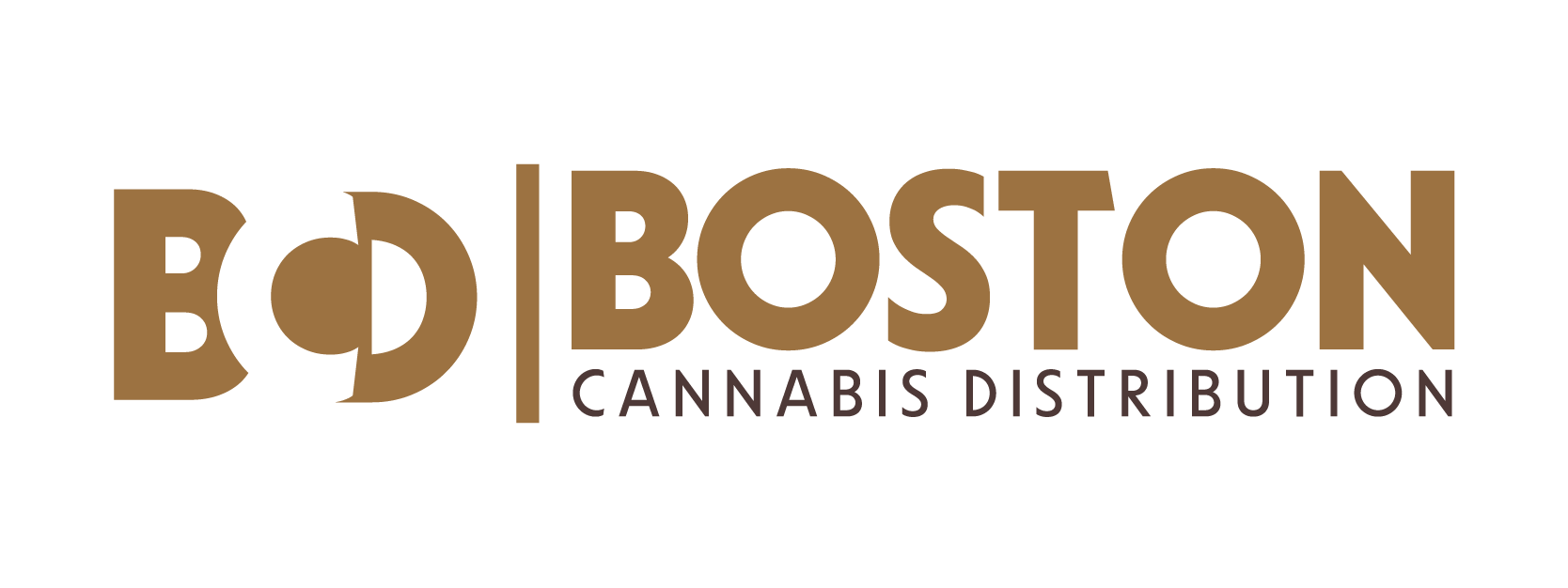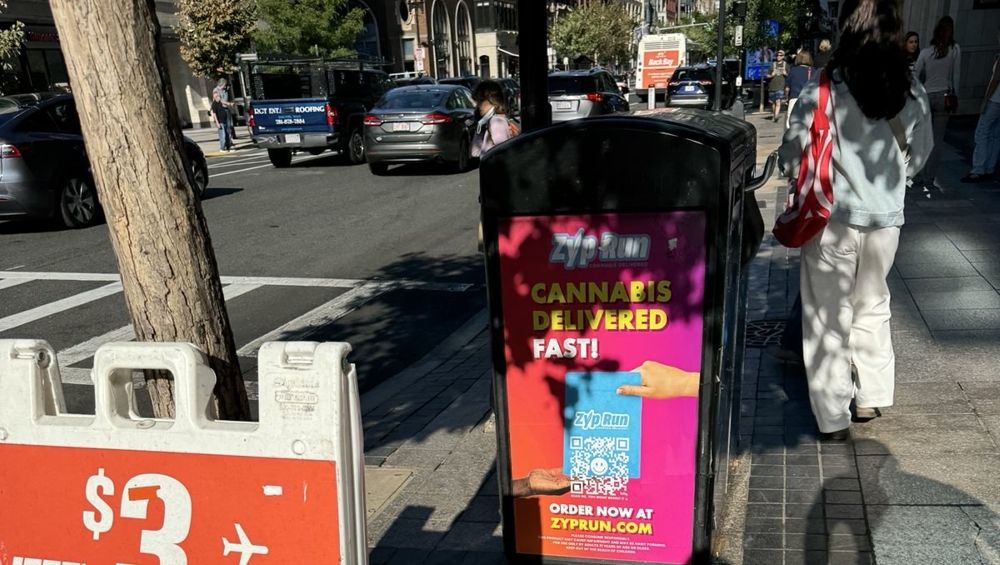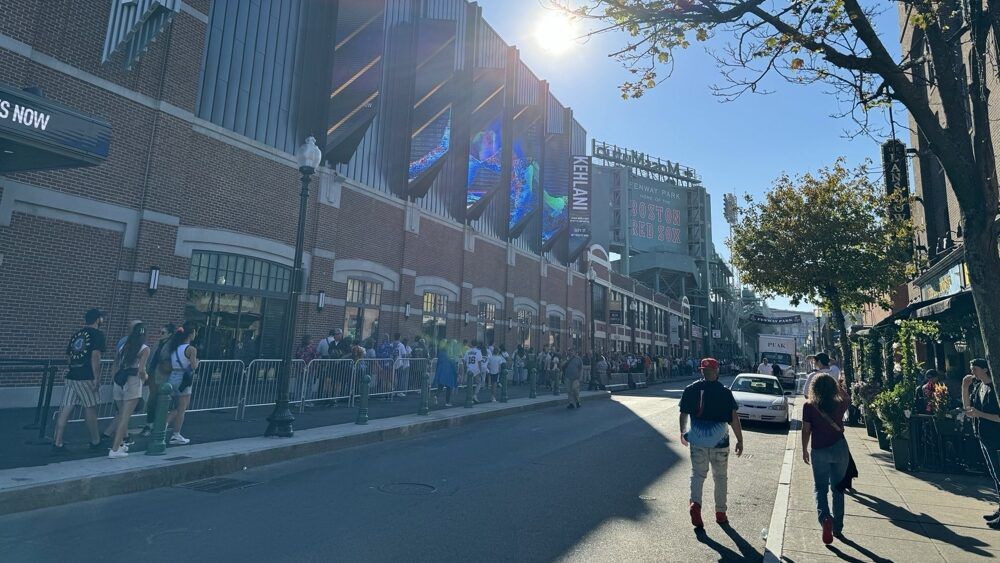Welcome
Featured Articles
-
From Seed to Sale: Diverse Paths of Cannabis Cultivation Across Washington, California, Nevada, and Arizona
Read more: From Seed to Sale: Diverse Paths of Cannabis Cultivation Across Washington, California, Nevada, and ArizonaThe journey of cannabis from seed to sale is a complex process, significantly influenced by the regulatory landscape of the state in which it is…





